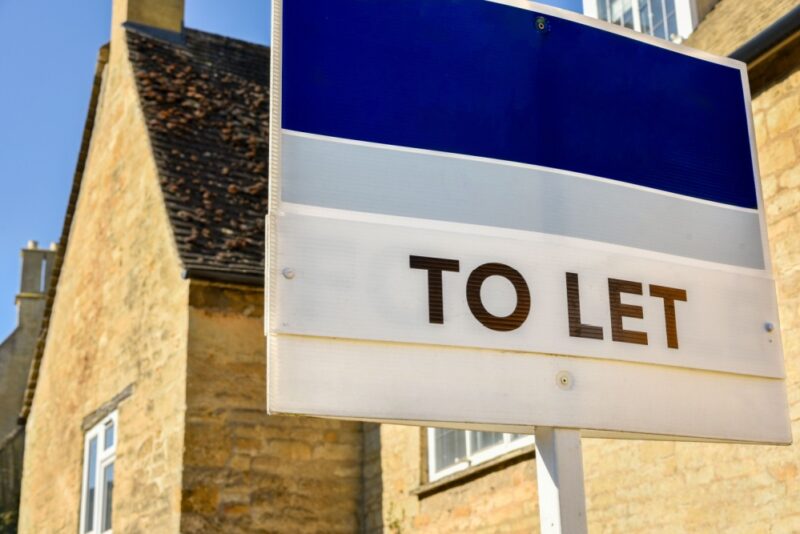Fewer workers are choosing to give up work on a set date. In fact, 34% of over-55s that haven’t given up work yet are gradually phasing into retirement, according to Legal & General figures.
A phased retirement can take many forms. You may decide to reduce your working hours or change your role to one that has fewer responsibilities. Others are taking the opportunity to become self-employed or even set up their own business. A phased retirement means you can ease into the next chapter of your life and create a work-life balance that suits you.
There are lots of reasons why workers are choosing a phased retirement. For some, it provides a way to boost their income while still having more free time. Others may enjoy their work or find that it gives them a sense of purpose.
Phased retirement is set to become even more popular too; almost half of employees aged over 55 that are still working full-time say they expect to take this approach rather than stopping work completely.
5 useful tips that could help you manage your finances if you choose a phased retirement
If you think a phased retirement is right for you, managing your finances is important. As your income may be coming from multiple sources, it can be difficult to manage. It could mean you face a shortfall or pay more tax than necessary without a plan.
Here are five tips that could help you phase into retirement.
1. Identify if you’ll have an income gap
If you reduce your working hours or change your role, your income may be lower – will you still have enough to cover your living expenses?
The Legal & General research found that 54% of people taking a phased approach to retirement are working at least 15 fewer hours each month. On average, it means they’re earning £9,150 less each year.
Understanding a potential gap means you can find a way to bridge it. You may decide to change your lifestyle to reduce expenses while you’re phasing into retirement. Or you may choose to start accessing your pension to provide an income boost.
Planning is important if you’re to stay on track. The research found that 1 in 10 people began to increase their work commitments again because of an income shortfall.
2. Be mindful of your income throughout the tax year
If your income is coming from multiple sources throughout the year, it can be difficult to keep track. For tax purposes, it’s important you do – it could help you reduce how much tax you pay overall.
For instance, deferring taking money out of your pension until a new tax year starts could make sense if it means you’d be liable for a higher rate of Income Tax.
If you’re receiving money from other sources that could be taxed, such as dividends or profits from selling assets, there are also annual allowances you could make use of each tax year to reduce your liability. Please contact us to talk about which allowances you should make part of your financial plan.
3. Consider deferring your State Pension
If you plan to still be working past the State Pension Age, you may want to defer claiming it.
The money you receive from the State Pension is included when calculating Income Tax. If your total income exceeds the Personal Allowance, which is £12,570 for the 2022/23 tax year, you may be liable for Income Tax. So, if claiming your State Pension means you could be liable for Income Tax or be pushed into a higher tax band, it can make sense to delay it.
If you defer your State Pension, the amount you will receive when you claim will increase by 1% for every nine weeks you defer. This works out at just under 5.8% if you defer for a year.
4. Don’t take money out of your pension if you don’t need it
If you choose to access your pension flexibly, you can increase or decrease the withdrawals to suit you. While it can be tempting to take money out of your pension to hold in your current or savings account, it often doesn’t make financial sense.
A pension is a tax-efficient way to save for retirement. As it’s often invested, it means it has the potential to grow, even when you’re retired. While investment returns cannot be guaranteed, they could help your savings keep pace with inflation to maintain your standard of living.
On top of this, investments in your pension aren’t liable for Capital Gains Tax. Depending on your total income and whether you’ve made use of your 25% tax-free lump sum when accessing your pension, you may need to pay Income Tax when you make a withdrawal.
So, leaving your savings in your pension until you need the income often makes sense from a tax perspective.
5. Book a meeting with us
Taking control of your retirement and finances can ensure you’re secure throughout retirement. If you’re keen to reduce your working commitments and start easing into retirement, please contact us.
We’ll work with you to create a plan that balances your goals now and your long-term financial security. We’ll also identify steps you could take to reduce your tax liability to help your money go further and support your goals.
Please note: This blog is for general information only and does not constitute advice. The information is aimed at retail clients only.
A pension is a long-term investment not normally accessible until 55 (57 from April 2028). The value of your investments (and any income from them) can go down as well as up, which would have an impact on the level of pension benefits available.
Your pension income could also be affected by the interest rates at the time you take your benefits. The tax implications of pension withdrawals will be based on your individual circumstances. Levels, bases of and reliefs from taxation may change in subsequent Finance Acts.




